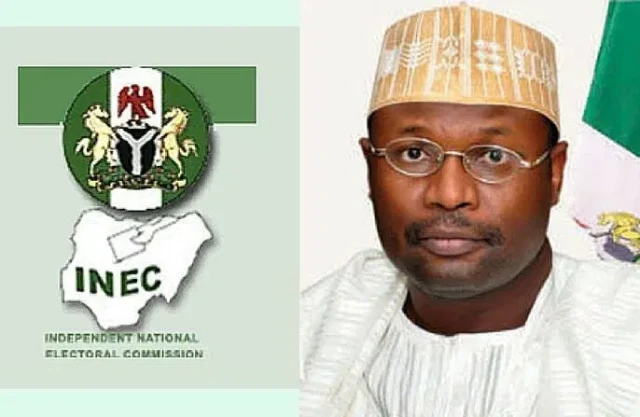The Independent National Electoral Commission (INEC) and the Policy and Legal Advocacy Centre (PLAC), along with various stakeholders, have emphasized the necessity for electoral reforms, the implementation of a single-day voting system, and the abolition of Permanent Voter Cards (PVC) in preparation for the 2027 general elections to enhance credibility.
This was revealed during a retreat organized by the Joint Senate and House of Representatives Committees on Electoral Matters, in collaboration with INEC and supported by PLAC, the UK Foreign, Commonwealth and Development Office (FCDO), and Development Alternatives, Inc. (DAI), which took place over two days in Lagos.
The Executive Director of PLAC, Clement Nwankwo, specifically emphasized the urgency of adopting a single-day voting system, arguing that it would lower the expenses associated with elections in Nigeria.
He highlighted the exorbitant current costs, referencing the nearly half a trillion naira utilized for general elections, and insisted that a single-day voting system could substantially decrease these expenses.
He remarked, “Ghana has accomplished this. This isn't due to a smaller population. The cost of elections in Nigeria is excessive. The notion of budgeting nearly half a trillion Naira for general elections is intolerable when significant reductions are feasible.”
Nwankwo also raised doubts about the necessity of Permanent Voter Cards (PVCs), suggesting that adequate voter registration and biometric capture could be sufficient.
He articulated optimism that the National Assembly would contemplate diaspora voting, acknowledging the logistical hurdles involved.
He stressed the need to thoughtfully address these challenges by citing examples from countries that have successfully implemented diaspora voting.
INEC Chairman, Mahmood Yakubu, underscored the imperative of timely electoral reforms to give INEC enough time to execute new laws and gear up for elections.
Yakubu detailed ongoing issues that need legislative focus, including Technological Integration – enhancing legal support for INEC’s innovations such as electronic voting; Litigation Reduction – clarifying ambiguities in electoral laws to minimize disputes during and after elections; and Adoption of Good Practices – incorporating recommendations from previous reform committees such as Uwais (2009), Lemu (2011), and Nnamani (2017).
He stated, “Under the 2010 Electoral Act as amended, the commission had only 60 days from the primaries to the general elections to determine which political party was fielding candidates in each of the 1,491 constituencies, which consist of one presidential constituency, 28 governorship, 109 senatorial, 360 federal, and 993 state constituencies.
This information is critical for customizing ballot papers and result sheets. Furthermore, the voters register has grown by an average of 10 million new voters from 2011 to the last election in 2023, which serves as the basis for planning the procurement of sensitive materials.
The solution was to amend the Electoral Act to allow for more time between the primaries and the nomination of candidates, as well as the date slated for the election.
The commission initially requested one year, which was not favorably addressed by the lawmakers, who ultimately agreed on the current 180 days, or six months. Consequently, this decision gave the commission sufficient time to plan effectively, resulting in the 2023 general elections not being postponed for logistical reasons related to the printing and delivery of sensitive materials or other factors for the first time in three electoral cycles.”
Chairman of the Senate Committee on Electoral Matters, Sharafadeen Alli, also highlighted the importance of electoral reforms to reinforce Nigeria’s democratic processes.
Alli emphasized the necessity for collaboration between the legislature and INEC in tackling emerging challenges and enhancing public confidence in elections.
He recognized INEC’s progress in the latest elections but acknowledged that substantial work is still required.
He pointed out persistent issues such as electoral law discrepancies, misconduct by electoral officials, and political parties and candidates’ noncompliance with electoral laws.
The senator recognized the challenges INEC faces, including shifting political landscapes, technological advancements, and security concerns, while expressing hope that the retreat would serve as a platform for stakeholders to share ideas, identify hurdles, and propose essential modifications to the electoral framework.
“The recent general elections held in 2023, with their accompanying petitions, have undoubtedly ignited further discussions on the necessity of reforming our electoral legal framework to ensure that, at the very least, the declared election results truly reflect the will of the Nigerian voters.”




















